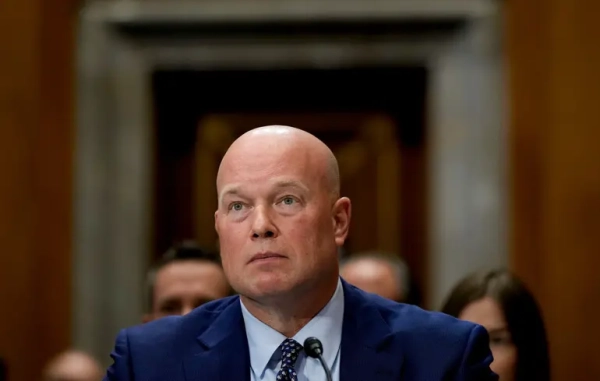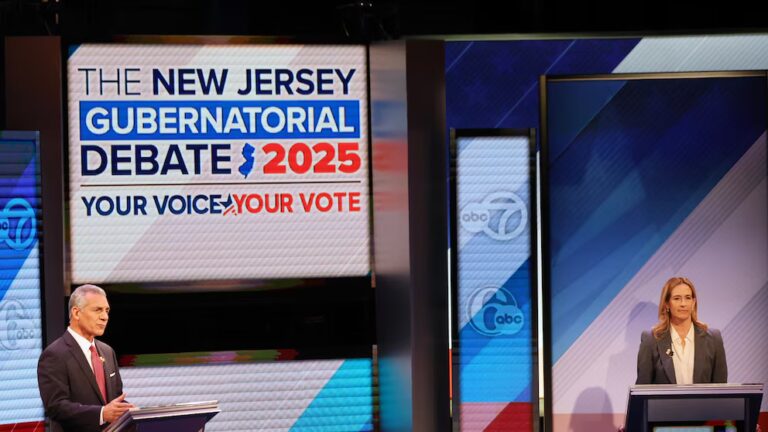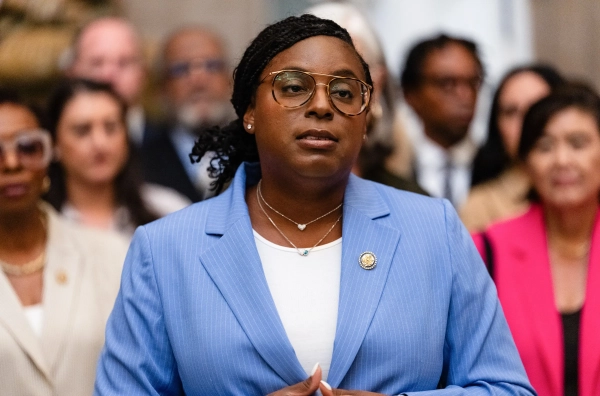
3:17Donald Trump gestures to the press at the conclusion of a reception with Republican Congressional members at the White House in Washington, DC on July 22, 2025.Andrew Caballero-Reynolds/AFP via Getty Images
On Wednesday, the White House unveiled its anticipated "AI Action Plan," an extensive collection of policy suggestions designed to enhance the United States’ ambition for leadership in artificial intelligence through significant deregulation.
The initiative was crafted by David Sacks, the Trump administration’s AI and cryptocurrency advisor, alongside the Office of Science and Technology Policy.
The 24-page document details more than 90 federal measures centered around three primary objectives: fostering private-sector innovation, upgrading AI-related infrastructure, and promoting American AI internationally. This follows an executive order issued by President Donald Trump in January that mandated the formulation of an "AI Action Plan" within a 180-day period.
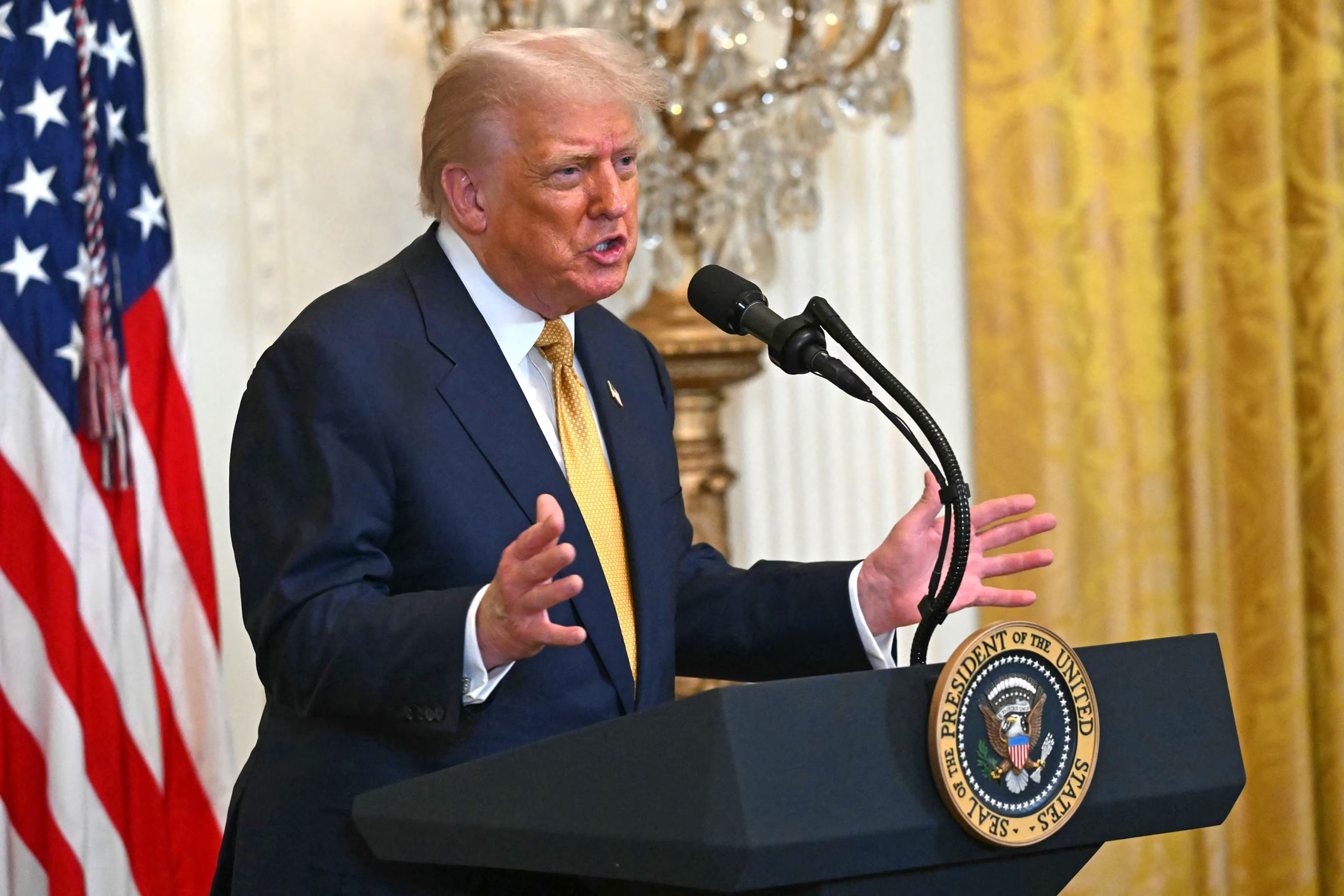
Donald Trump gestures to the press at the conclusion of a reception with Republican Congressional members at the White House in Washington, DC on July 22, 2025.Andrew Caballero-Reynolds/AFP via Getty Images
The proposals seem to diverge from the Biden administration’s more cautious AI strategy, yet White House representatives characterize the approach as vital for "winning the AI race" against international rivals, particularly China.
The newly introduced plan arises as consumer advocates express concerns that it grants technology firms excessive power and essentially allows them to set their own regulations. Public Citizen labeled it "a corporate giveaway."
"The Trump administration’s irresponsible AI agenda prioritizes corporate gains over public welfare. The administration intends to allocate billions to Big Tech enabling them to consume even more dirty energy, launch untested products, and hastily advance into the AI era without accountability to the American populace," the organization stated in a release.
Trump is anticipated to sign executive orders aligned with the priorities of the plan. On Wednesday, the president will participate in the "Winning the AI Race" event, organized by the Hill and Valley Forum and the All‑In podcast, co-hosted by Sacks.
Core elements of the White House’s AI strategy
The strategy aims to expedite AI innovation by reducing regulations, encouraging private-sector engagement with AI technologies, and depending on the private sector to identify regulatory obstacles to remove.
Developing and enhancing AI infrastructure in the United States is also a key focus of the proposal. This entails fast-tracking permits for constructing data centers, eliminating diversity, equity, and inclusion (DEI) as well as climate mandates, and investing in training for the AI workforce.
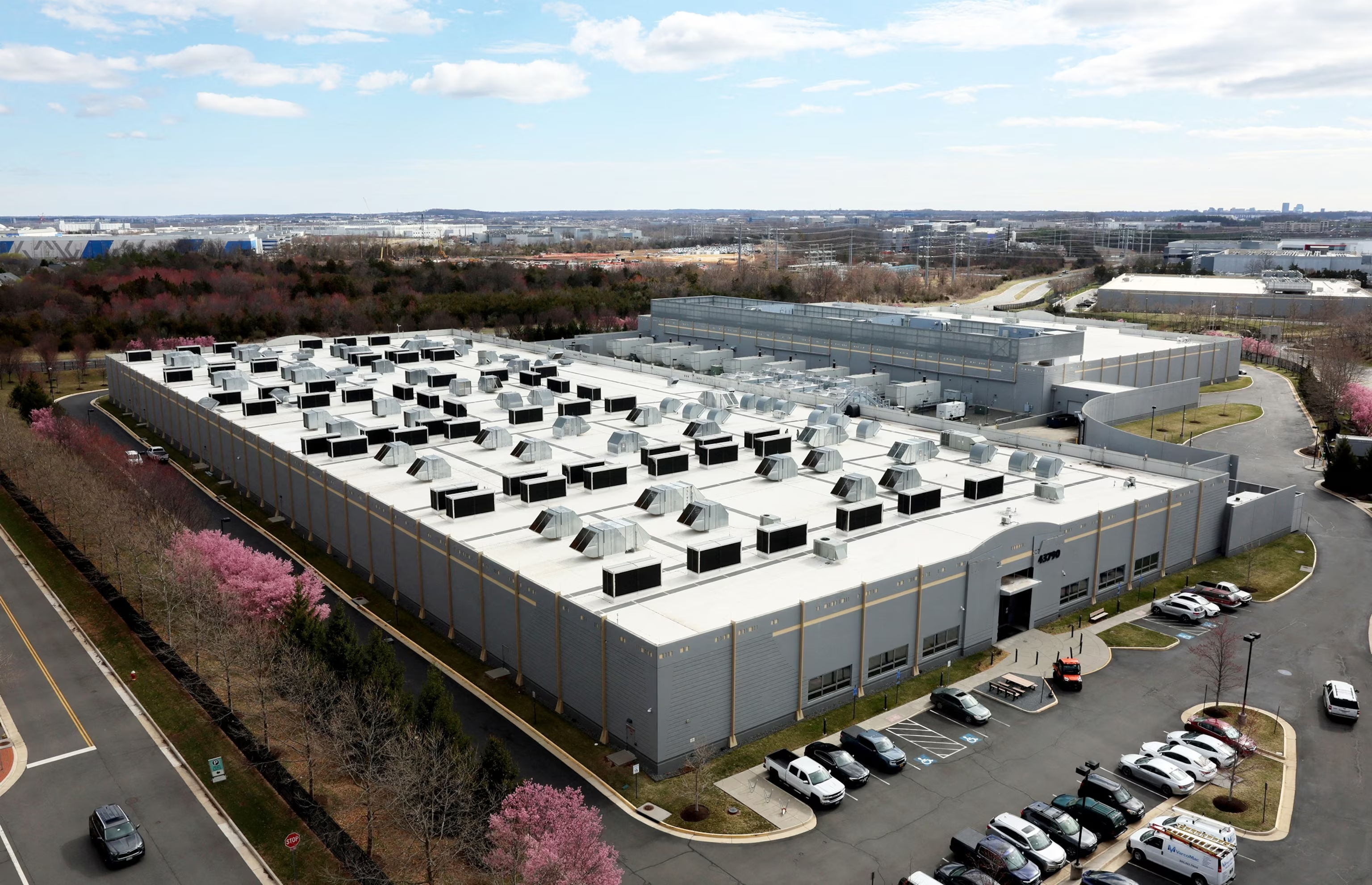
In this March 17, 2025, file photo, a vehicle passes by a building of the Digital Reality Data Center in Ashburn, Virginia.Leah Millis/Reuters, FILE
Moreover, the plan suggests, in the interest of safeguarding "free speech" and "American values," to eliminate mentions of misinformation, DEI, and climate change from federal AI safety protocols.
However, the proposal does not tackle the utilization of copyrighted data for AI training, which has surfaced as a significant concern for AI and the foundation for legal disputes. When questioned on this matter, a senior official informed ABC News that the issue is currently under judicial consideration and outside the bounds of executive action, asserting: "Fair use is the law of the land."
Sourse: abcnews.go.com
